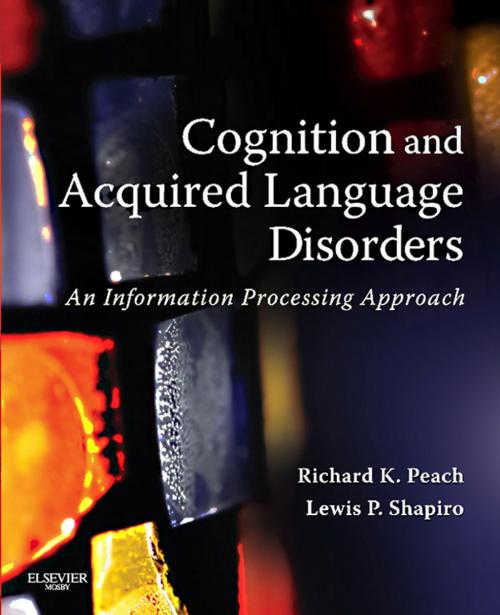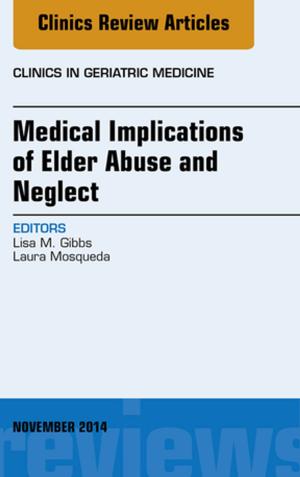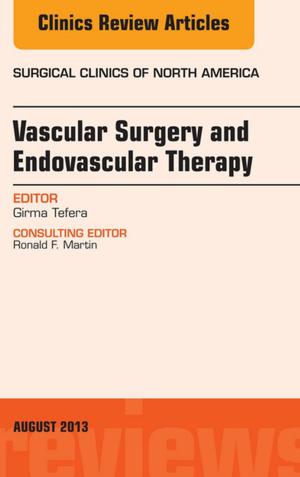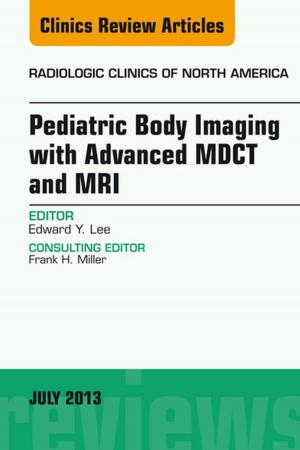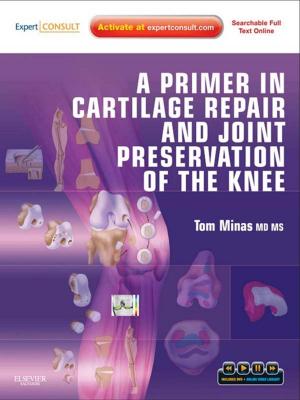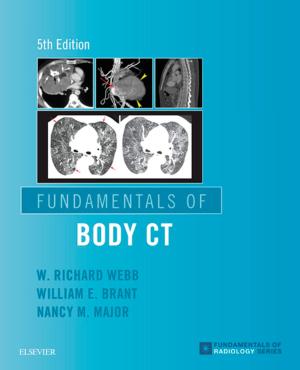Cognition and Acquired Language Disorders - E-Book
An Information Processing Approach
Nonfiction, Health & Well Being, Medical, Specialties, Internal Medicine, Audiology & Speech Pathology| Author: | Richard K. Peach, Lewis P. Shapiro | ISBN: | 9780323087179 |
| Publisher: | Elsevier Health Sciences | Publication: | May 14, 2012 |
| Imprint: | Mosby | Language: | English |
| Author: | Richard K. Peach, Lewis P. Shapiro |
| ISBN: | 9780323087179 |
| Publisher: | Elsevier Health Sciences |
| Publication: | May 14, 2012 |
| Imprint: | Mosby |
| Language: | English |
This new graduate level textbook, Cognition and Acquired Language Disorders: An Information Processing Approach, addresses the cognitive aspects of language and communication. It assembles the most recent information on this topic, addressing normal cognitive processing for language in adults, the cognitive impairments underlying language disorders arising from a variety of neurologic conditions, and current assessment and treatment strategies for the management of these disorders. The text is organized using an information processing approach to acquired language disorders, and thus can be set apart from texts that rely upon a more traditional, syndrome-based approach (e.g., stroke, dementia, and traumatic brain injury). This approach facilitates the description and treatment of acquired language disorders across many neurologic groups when particular cognitive deficits are identified. Other useful features of the text include assessment and treatment protocols that are based on current evidence. These protocols provide students and clinicians a ready clinical resource for managing language disorders due to deficits in attention, memory, linguistic operations, and executive functions.
- Unique process-oriented approach organizes content by cognitive processes instead of by syndromes so you can apply the information and treatment approaches to any one of many neurologic groups with the same cognitive deficit.
- Cognitive domains are described as they relate to communication rather than separated as they are in many other publications where they are treated as independent behaviors.
- A separate section on normal processing includes five chapters providing a strong foundation for understanding the factors that contribute to disordered communication and its management.
- The evidence-based approach promotes best practices for the most effective management of patients with cognitive-communication disorders.
- Coverage of the cognitive aspects of communication helps you meet the standards for certification in speech-language pathology.
- A strong author team includes two lead authors who are well known and highly respected in the academic community, along with expert contributors, ensuring a comprehensive, advanced clinical text/reference.
This new graduate level textbook, Cognition and Acquired Language Disorders: An Information Processing Approach, addresses the cognitive aspects of language and communication. It assembles the most recent information on this topic, addressing normal cognitive processing for language in adults, the cognitive impairments underlying language disorders arising from a variety of neurologic conditions, and current assessment and treatment strategies for the management of these disorders. The text is organized using an information processing approach to acquired language disorders, and thus can be set apart from texts that rely upon a more traditional, syndrome-based approach (e.g., stroke, dementia, and traumatic brain injury). This approach facilitates the description and treatment of acquired language disorders across many neurologic groups when particular cognitive deficits are identified. Other useful features of the text include assessment and treatment protocols that are based on current evidence. These protocols provide students and clinicians a ready clinical resource for managing language disorders due to deficits in attention, memory, linguistic operations, and executive functions.
- Unique process-oriented approach organizes content by cognitive processes instead of by syndromes so you can apply the information and treatment approaches to any one of many neurologic groups with the same cognitive deficit.
- Cognitive domains are described as they relate to communication rather than separated as they are in many other publications where they are treated as independent behaviors.
- A separate section on normal processing includes five chapters providing a strong foundation for understanding the factors that contribute to disordered communication and its management.
- The evidence-based approach promotes best practices for the most effective management of patients with cognitive-communication disorders.
- Coverage of the cognitive aspects of communication helps you meet the standards for certification in speech-language pathology.
- A strong author team includes two lead authors who are well known and highly respected in the academic community, along with expert contributors, ensuring a comprehensive, advanced clinical text/reference.
